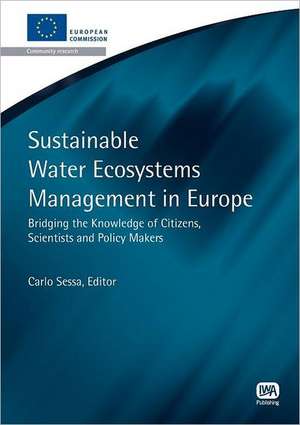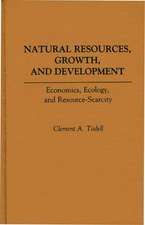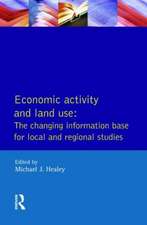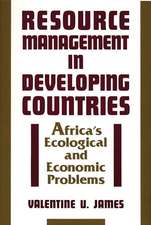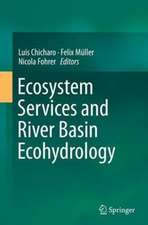Sustainable Water Ecosystems Management in Europe: European Water Research
Editat de Carlo Sessaen Limba Engleză Paperback – 12 iul 2012
Din seria European Water Research
- 23%
 Preț: 633.11 lei
Preț: 633.11 lei - 23%
 Preț: 627.14 lei
Preț: 627.14 lei - 19%
 Preț: 556.72 lei
Preț: 556.72 lei - 23%
 Preț: 668.84 lei
Preț: 668.84 lei - 23%
 Preț: 607.34 lei
Preț: 607.34 lei - 19%
 Preț: 595.37 lei
Preț: 595.37 lei - 23%
 Preț: 573.84 lei
Preț: 573.84 lei - 23%
 Preț: 870.78 lei
Preț: 870.78 lei - 23%
 Preț: 580.46 lei
Preț: 580.46 lei - 23%
 Preț: 758.73 lei
Preț: 758.73 lei - 23%
 Preț: 624.95 lei
Preț: 624.95 lei - 23%
 Preț: 626.08 lei
Preț: 626.08 lei - 23%
 Preț: 715.68 lei
Preț: 715.68 lei - 23%
 Preț: 634.18 lei
Preț: 634.18 lei - 23%
 Preț: 727.80 lei
Preț: 727.80 lei - 23%
 Preț: 890.09 lei
Preț: 890.09 lei - 23%
 Preț: 848.53 lei
Preț: 848.53 lei - 23%
 Preț: 688.71 lei
Preț: 688.71 lei
Preț: 694.55 lei
Preț vechi: 902.01 lei
-23% Nou
Puncte Express: 1042
Preț estimativ în valută:
132.92€ • 138.26$ • 109.73£
132.92€ • 138.26$ • 109.73£
Carte tipărită la comandă
Livrare economică 09-15 aprilie
Preluare comenzi: 021 569.72.76
Specificații
ISBN-13: 9781780401140
ISBN-10: 1780401140
Pagini: 148
Dimensiuni: 210 x 297 x 8 mm
Greutate: 0.37 kg
Editura: IWA Publishing (Intl Water Assoc)
Seria European Water Research
ISBN-10: 1780401140
Pagini: 148
Dimensiuni: 210 x 297 x 8 mm
Greutate: 0.37 kg
Editura: IWA Publishing (Intl Water Assoc)
Seria European Water Research
Notă biografică
EDITOR Carlo Sessa, AWARE Project Coordinator, Director at ISIS - Institute of Studies for the Integration of Systems, Italy
Cuprins
Foreword: Bridging the Citizens-Science-Policy gap in the water sector, why should we care?; Introduction; Water ecosystem concerns and EU research for sustainable water management; Institutional and policy framework at EU and national levels; The AWARE methodology for building a new Science-Citizens-Policy Interface: theoretical foundations; The pilot experience with the AWARE citizens' panel; The Gulf of Riga case study; The Southern North Sea case study; The Sacca di Goro case study; Evaluation of the AWARE pilot experience; Recommendations to enhance the connectivity between scientists, citizens and policy makers in the water sector and beyond, to tackle with sustainability challenges
